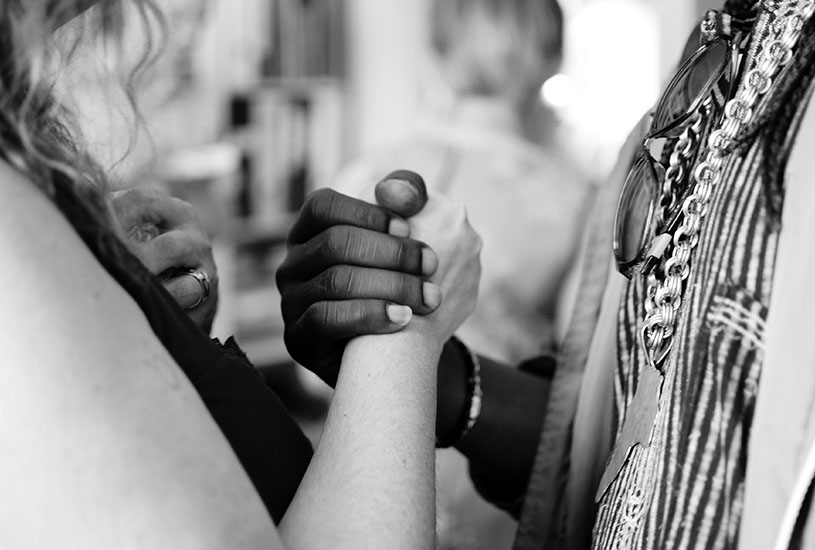Researchers will work with all stakeholders in Victoria’s Great South Coast Region.
It might be an unassuming part of the world, but the eyes of researchers and public health policy makers around the globe will be on Victoria’s Great South Coast Region (GSCVR) over the next five years, as researchers and entire communities work together in a ground-breaking population-scale project to reverse childhood obesity trends.
The future health of the nation is at stake. Obesity is a major determinant of Type 2 diabetes, coronary heart disease and cancer – and is currently costing the nation’s health system more than $21 billion annually.
Yet research shows that the trend can be reversed, if communities work together to counteract unhealthy messages about lifestyle and diet.
The $3.9 million whole-of-systems trial of prevention strategies is being funded through a $1.4 million grant from the National Health and Medical Research Council, announced last week.
It will also be supported through intellectual, infrastructure and financial contributions from more than 20 partner organisations, including Western Alliance – A Healthier Regional Victoria, and the Victorian Department of Health and Human Services.
According to project leader, Professor Steven Allender, the project has the potential, as a best practice model, to improve public health practices around Australia and overseas.
“We are already sharing our experiences within Australia and exporting our strategies overseas, within South East Asia, England and the USA,” he said.
Professor Allender works within Deakin’s School of Health and Social Development and is Director of the World Health Organisation (WHO) Collaborating Centre for Obesity Prevention (located at Deakin).
He will lead a team of six Deakin researchers, working with many others from partner organisations across Western Victoria, on the project.
“With schools, district health services, sporting groups, local councils and other community groups all joining forces, we know that we can change children’s habits and set them on a path to better health,” Professor Allender said.
“Improving children’s health in this way will have immediate benefits for their social, mental and physical health and longer-term benefits for education attainment and economic development.
[testimonial_text]Permanent reductions in childhood obesity are possible, if its complex and dynamic causes are well understood and addressed through increased community ownership and responsibility.[/testimonial_text]
[testimonial_picture name=”Professor Steven Allender” details=”Professor, School of Health and Social Development”]
[/testimonial_picture]
Through school and community-based pilot projects in Geelong and the GSCVR region over the past 15 years, such as ‘Romp and Chomp’ and ‘It’s your Move,’ we have seen that changes at multiple levels of systems do have an impact.
“As one example, through school councils adopting policies banning sugar sweetened drinks, local councils improving water quality, and local ‘champions’ promoting the benefits of drinking water, we have been able to reduce the consumption of sugar among our region’s children.”
He explained that the GSCVR region was chosen because of the leadership of partners in pioneering obesity prevention programs.
Stretching across Western Victoria, the region spans the Shires of Colac Otway, Corangamite, Moyne, Southern Grampians, Glenelg and the City of Warrnambool.
“This work will help communities embed sustainable approaches, with positive implications for children’s health long past the initial period of this grant,” he said.



